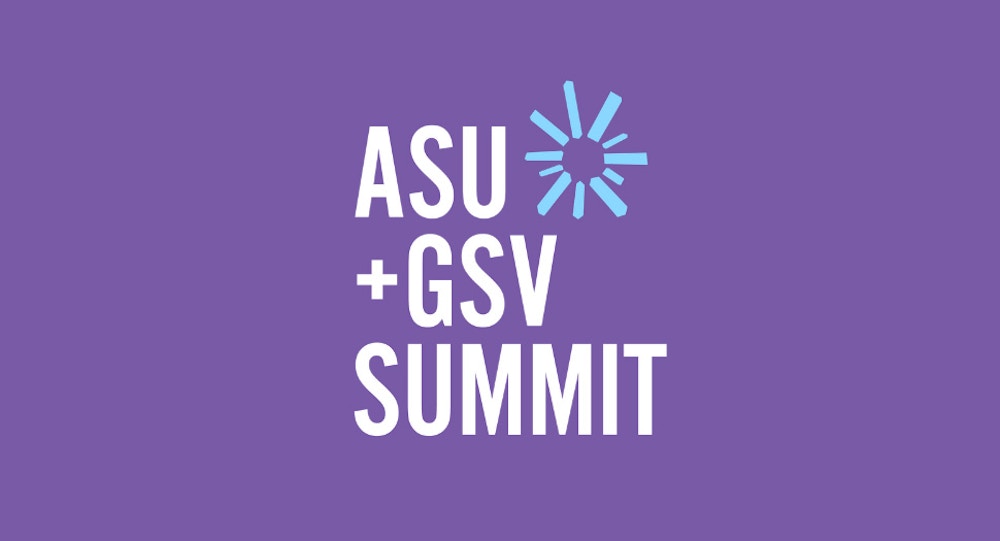Key Themes
As we head into the ASU + GSV Summit 2023, we are excited to see the rise in technology and innovation striving for equitable access to education. Here are three of themes that we will be watching closely in San Diego:
1. Upskilling
We are all aware of the rise of upskilling over COVID to combat “The Great Resignation” and retain talent. Unlike other COVID trends and habits, the emphasis on upskilling appears to be here to stay. In the last month alone, we have seen Workera raise $23.5 million, StudentFinance (Europe) $39 million, and NxtWave (India) $33 million.
A tangential area we are tracking closely is reskilling. As wide job cuts in the tech sector become more common, the interest and incentive for both companies and employees to learn new skills as a way to keep their jobs is increasingly meaningful
2. LMS Technology
While there are whispers of how the further proliferation of technology will replace teachers and the classic education model, we at Volition feel that in most cases, the classic classroom experience is here to stay. Instead, we predict that technology will be a tool/resource for teachers as they look to aid students on their education journey.
One area we’ve seen technology definitively impact education is through LMS platforms. Across various sectors, numerous enterprises have scaled as both a platform and a key distributor of LMS (like Shopify in e-commerce). For example, Canvas has achieved platform-like scale with 30 million global users powered by an intuitive, powerful, and engaging platform for both teachers and students. For companies breaking into the edtech space, integrating with scaled LMS platforms is critical to success.
While we expect it will be difficult for new LMS companies to achieve platform scale, we see a great opportunity for companies to create value by improving data-first solutions for LMS platforms – not only at a specific student/classroom level, but also when analyzing larger school systems at a broader scale.
3. AR/VR
There is an increasing opportunity for AR/VR technologies and curriculum enhancements to create engaging, interactive, and frankly fun educational experiences for students.
On the flip side, clear concerns arise regarding the affordability and associated accessibility of these enhancements, specifically amongst school districts with weaker socioeconomics. In response to this concern, the large telecom players have taken aggressive approaches to ensure that AR/VR will narrow and level the educational playing field rather than widen the opportunity gap.
In 2021, Verizon announced the launch of “Verizon Innovative Learning,” a digital-first education initiative that emphasizes equal access, regardless of students’ backgrounds, to top-tier technologies, including AR and VR. As part of this initiative, Verizon has committed over $1bn to various players, positively impacting over 1.5 million students.
Additionally, T-Mobile has made extended reality a priority; last week the Company announced a partnership with Prisms VR, committing to provide high-speed 5G internet access to thousands of students in rural Michigan and granting students access to Prisms VR’s learning programs. Large enterprises committing serious dollars to this space should further ensure the success of these technologies.
See you all soon!
Want to stay up to date on everything Volition? Make sure to subscribe to our newsletter using the button below!
